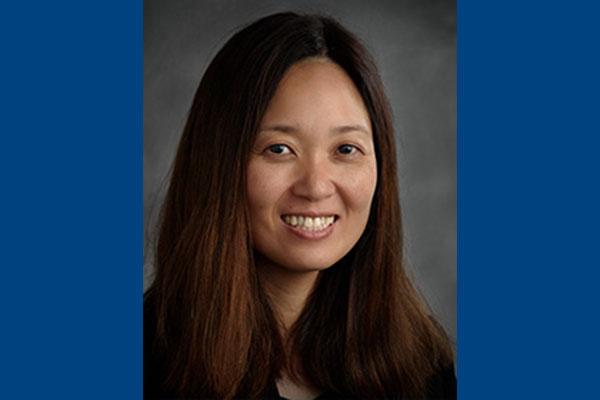
The National Institutes of Health (NIH) awarded Associate Professor Carolyn Glass, MD, a $500,000 grant as part of the Researching COVID to Enhance Recovery (RECOVER) Initiative. RECOVER brings together clinicians, scientists, caregivers, patients, and community members to understand, treat, and prevent Long COVID and has created the world’s most comprehensive and diverse group of Long COVID study participants.
The two-year grant funding will begin in September 2024. Glass will be part of a national effort that oversees the collection of tissues as well as the prioritization, design, and implementation of best scientific practices for patients recovering from COVID. She will be one of the multi-site principal investigators and will work with colleagues from other institutions, including New York University, Mass General Brigham, Mayo Clinic, Mt. Sinai Health System, and the University of New Mexico.
Also, Glass was invited to join the NIH Pathobiology Steering Committee as a pulmonary, cardiac, and autopsy pathologist to advise on long-COVID NIH initiatives.
SARS-CoV-2 infection can result in ongoing, relapsing, or new symptoms or organ dysfunction after the acute phase of infection, termed Post-Acute Sequelae of SARS-CoV-2 (PASC), or long COVID. The characteristics, prevalence, trajectory, and mechanisms of PASC are poorly understood.
The objectives of RECOVER are as follows:
- Characterize prevalence and types of organ injury/disease and pathology occurring with PASC.
- Characterize the association of pathologic findings with clinical and other characteristics.
- Define the pathophysiology and mechanisms of PASC, and possible mediation via viral persistence.
- Establish a post-mortem tissue biobank and post-mortem brain imaging biorepository.
Millions of Americans suffer from Long COVID. This disease affects each person differently, so no single research study can provide all the answers to Long COVID for everyone. The NIH created the RECOVER Initiative to find answers across many different types of research studies.